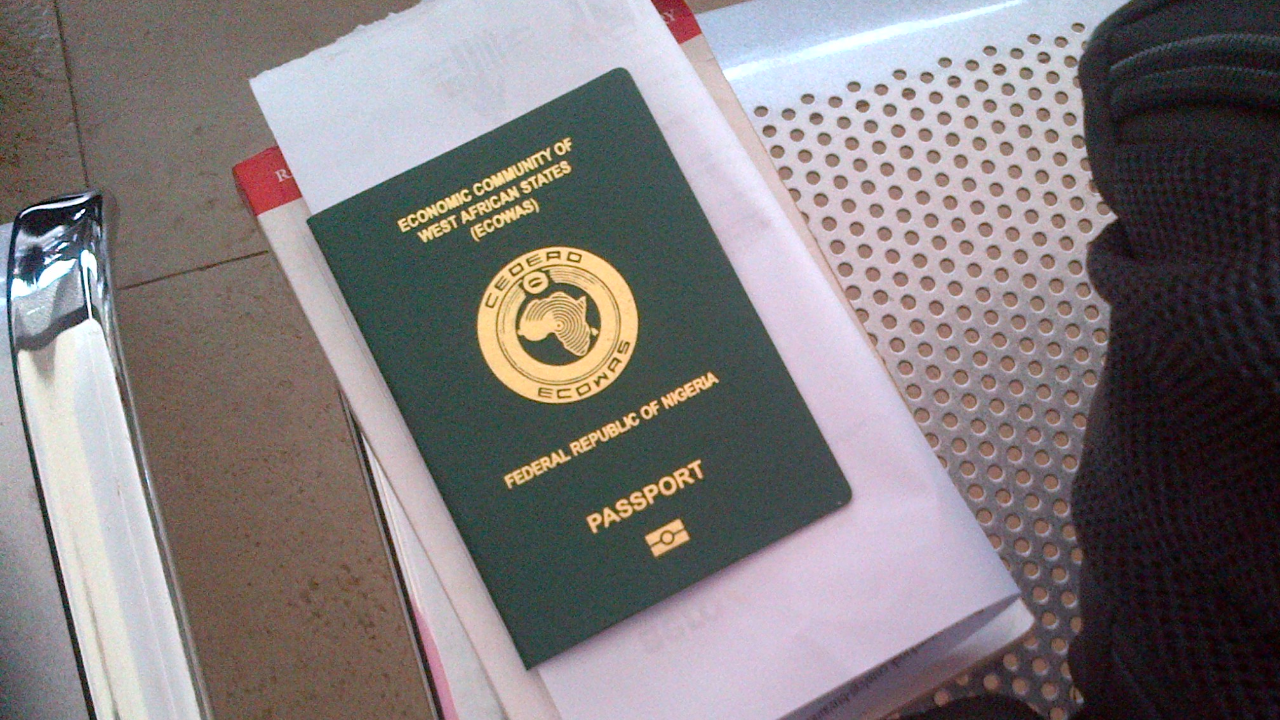- e-Passport: FG to Save $66.8m in Forex Yearly
The decision of President Muhammadu Buhari to localise the printing of the Nigerian e-passports will save Nigeria at least $66.8 million in foreign exchange yearly, research has shown.
President Buhari on Thursday approved the Nigerian Security Printing & Minting Company (NSPMC) as the sole printer of all Nigerian electronic passport.
Before now, Nigeria Immigration Service (NIS) paid N24 billion or $66.8 million annually to Malaysia, the Netherland and South Africa to produce the Nigerian international passport booklets.
According to NIS data, Nigeria issues 4800 passports per day locally and about 1,248,000 passports a year, five days a week.
While government cost per passport was put at N19,500, bringing the total cost per year to N24.34 billion.
With the current move, the amount paid to foreign companies can now be used to stimulate growth in other key sectors of the economy, enhance job creation and most importantly protect Nigerian data against foreign agents in a period of global data breach.
Clement Amuda, a retired diplomat, said savings and job creation are part of numerous advantages of local production but data security another main advantage of localisation strategy.
“There are things you don’t outsource no matter the circumstance. All the countries that have produced our passports in the past all have a chunk of our data and security profiling, which questions the sovereignty of any sane country,” Amuda said.
Other experts doubt NSPMC capacity to meet 4800 passports a day after over two decades of outsourcing and poor performance.
An immigration lawyer, Emeka Ossai, said: “Nobody is sure that the Nigerian Security Printing & Minting Company (NSPMC) still handles the printing of naira going by its poor performance. If that is the case, how can it handle about 5,000 passports needed on a daily basis for the growing population of Nigerians looking to jet out of the country every day.”
Iris Smart Technology Nigeria (ISTL), a subsidiary of Iris Corporation based in Malaysia, produced the booklets before president Buhari localise the process, while a company in the Netherland handled biometrics and security details inserted into the passports. Another company in South Africa provided the ink used for printing.

 Naira4 weeks ago
Naira4 weeks ago
 Naira4 weeks ago
Naira4 weeks ago


 Naira4 weeks ago
Naira4 weeks ago




 Naira3 weeks ago
Naira3 weeks ago
 Commodities4 weeks ago
Commodities4 weeks ago


 News4 weeks ago
News4 weeks ago


 Banking Sector4 weeks ago
Banking Sector4 weeks ago
 Travel4 weeks ago
Travel4 weeks ago






















